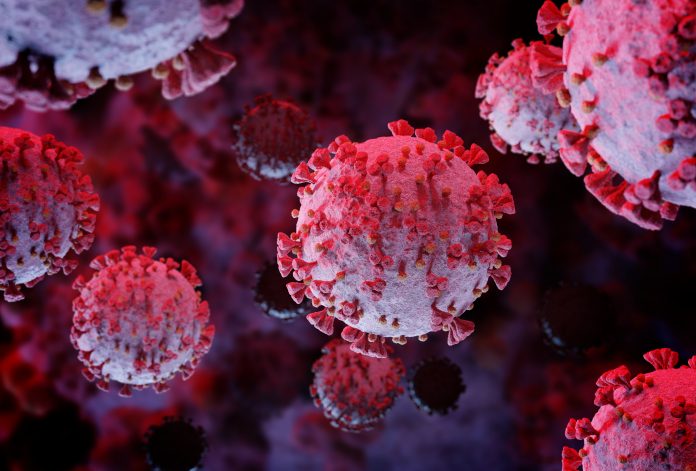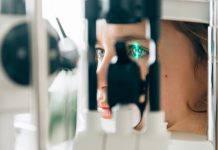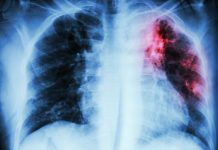Researchers at University College London (UCL) have found that COVID-19 mutations do not make the virus more likely to spread, as previously feared
There are currently 12,706 COVID-19 mutations. But none of them seem to make the virus more infectious.
First and corresponding author Dr Lucy van Dorp (UCL Genetics Institute) said: “The number of SARS-CoV-2 genomes being generated for scientific research is staggering. We realised early on in the pandemic that we needed new approaches to analyse enormous amounts of data in close to real time to flag new mutations in the virus that could affect its transmission or symptom severity.
“Fortunately, we found that none of these mutations are making COVID-19 spread more rapidly, but we need to remain vigilant and continue monitoring new mutations, particularly as vaccines get rolled out.”
UCL researchers led the analysis of virus genomes from over 46,000 people across 99 countries, who tested positive for COVID-19. The mutations documented did not seem to increase transmissibility in humans, meaning that the virus would not really increase in how infectious it currently is.
Three ways that COVID-19 has been mutating
Coronaviruses like SARS-CoV-2 are a type of RNA virus, which can all develop mutations in three different ways: by mistake from copying errors during viral replication, through interactions with other viruses infecting the same cell (recombination or reassortment), or they can be induced by host RNA modification systems which are part of host immunity (e.g. a person’s own immune system).
Most mutations are neutral, while others can be advantageous or detrimental to the virus. Both neutral and advantageous mutations can become more common as they get passed down to descendant viruses.
How did the researchers know if transmission would be increased?
To test if the mutations increase transmission of the virus, the researchers modelled the virus’s evolutionary tree, and analysed whether a particular mutation was becoming increasingly common within a given branch of the evolutionary tree – that is, testing whether, after a mutation first develops in a virus, descendants of that virus outperform closely-related SARS-CoV-2 viruses without that particular mutation.
The researchers found no evidence that any of the common mutations are increasing the virus’s transmissibility. Instead, they found most common mutations are neutral for the virus. This includes one mutation in the virus spike protein called D614G, which has been widely reported as being a common mutation that may make the virus more transmissible. The new evidence finds that this mutation is in fact not associated with significantly increasing transmission.
Interestingly, they also found that the mutations seem to come from the human immune system – as opposed to the virus changing to fit the human.
What does this mean for vaccines?
Lead author Professor Francois Balloux (UCL Genetics Institute) added: “We may well have missed this period of early adaptation of the virus in humans. We previously estimated SARS-CoV-2 jumped into humans in October or November 2019, but the first genomes we have date to the very end of December. By that time, viral mutations crucial for the transmissibility in humans may have emerged and become fixed, precluding us from studying them.”
Dr van Dorp further commented: “The virus seems well adapted to transmission among humans, and it may have already reached its fitness optimum in the human host by the time it was identified as a novel virus.”
However, researchers warn that the influx of vaccines will drive the virus to become more unrecognisable, in order to protect itself.
Professor Balloux said: “The news on the vaccine front looks great. The virus may well acquire vaccine-escape mutations in the future, but we’re confident we’ll be able to flag them up promptly, which would allow updating the vaccines in time if required.”











